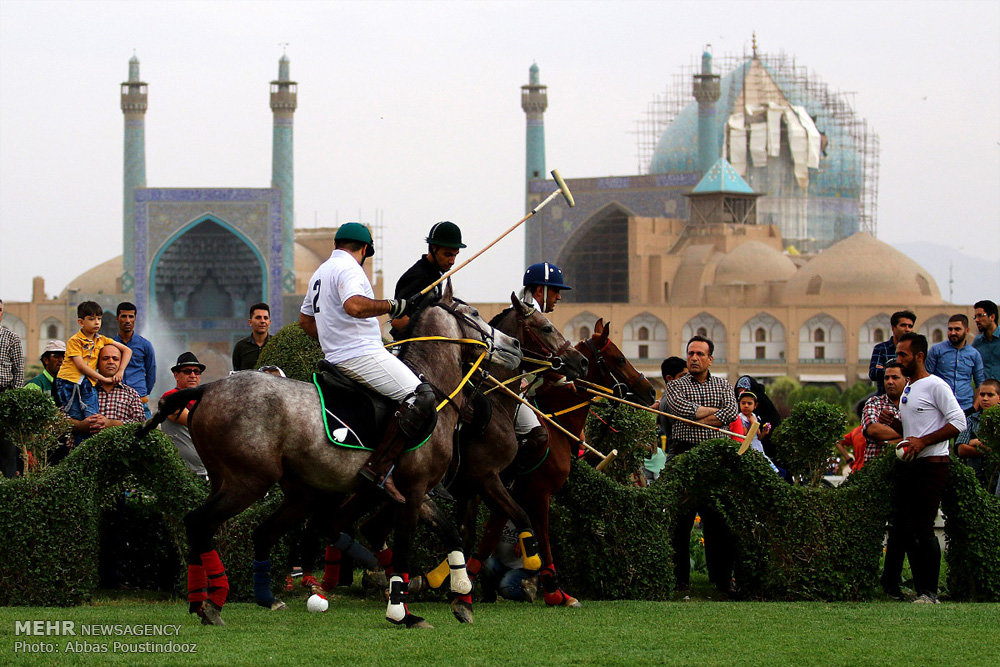Polo to become Iran’s UNESCO’s list of Intangible Cultural Heritage of Humanity: Official

Polo that originated in ancient Iran, will be part of UNESCO’s list of Intangible Cultural Heritage of Humanity by the end of the current Iranian year, an official said.
“Chogan is our national sport and has its roots in ancient Iranian traditions. The sport will add to Iran’s UNESCO’s list of Intangible Cultural Heritage of Humanity by the end of the Iranian year,” Hossein Jafari, head of Isfahan’s Chogan Office, said.
Chogan is a sporting team game with horses and a version of the modern polo game. From time immemorial it was considered an aristocratic game and held in a separate field, on specially trained horses. Nowadays, chogan is played in Iran, Tajikistan, Uzbekistan and Azerbaijan.
Polo was invented and first played in Iran (or ancient Persia) thousands of years ago. The original name of polo is “Chogan” and in Iran the game is still referred to as “Chogan”.
From its Iranian origins in Persia it spread to Constantinople, and eastward through Bactria and Afghanistan to Tibet, China, and Japan, and from Tibet to India, where it flourished throughout the Mughal (Mogul) dynasty. The word “polo” comes from the Tibetan word for the willow root from which polo balls were made of, which is “Pulu”.
Polo was the world’s first team sport, the world’s first ball game, and today is recognized as the world’s fastest team sport and ball game. The first recorded game took place in 600 BC, in Ancient Persia.
Throughout history, the game has been popular among generals, warriors, princes, and kings as a means of training cavalry for warfare.
